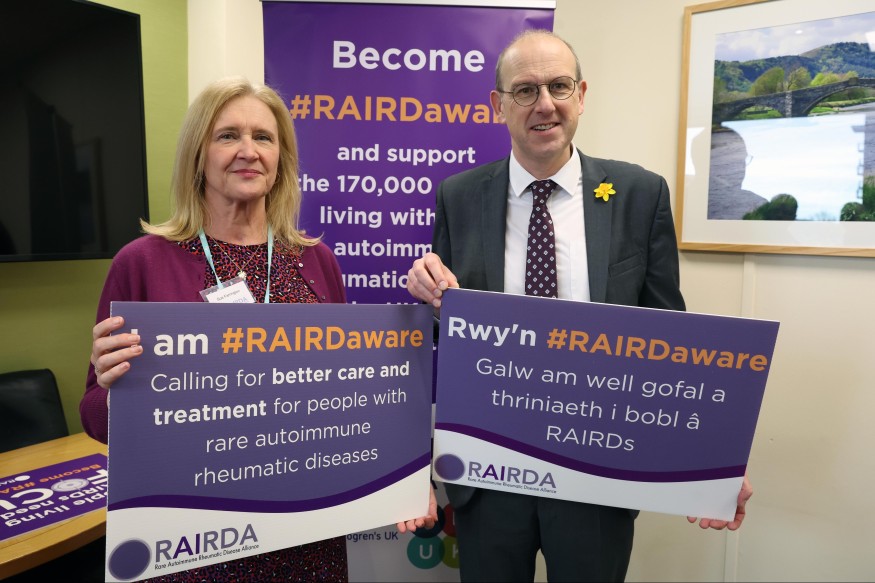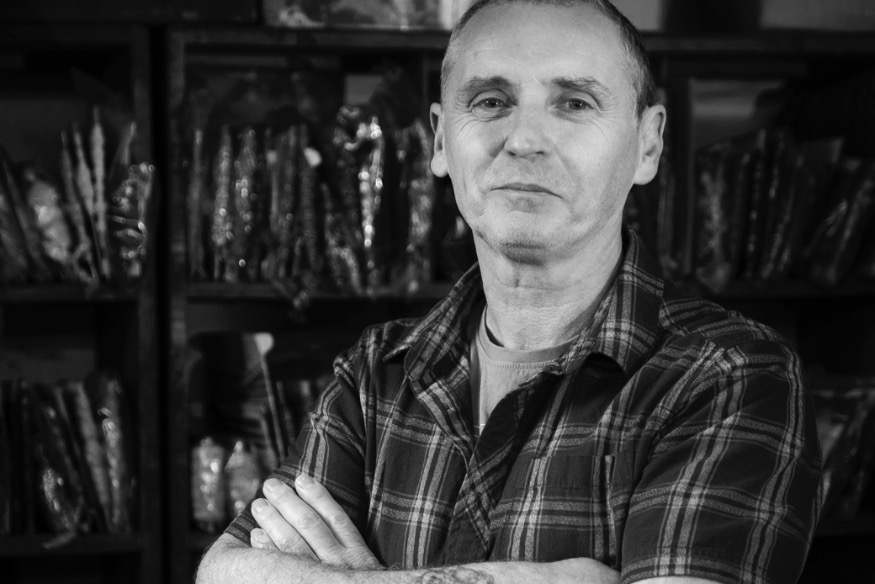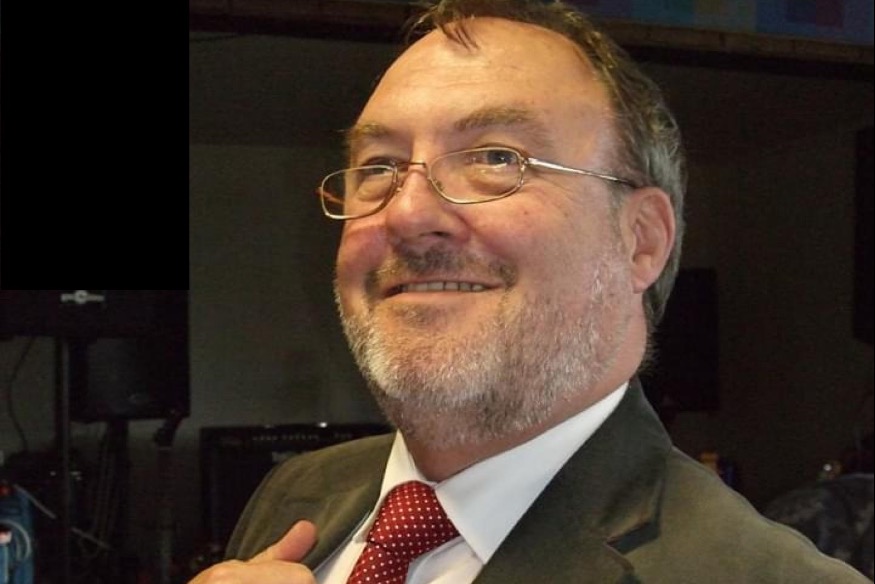
March 07, 2024 - 1761 views
People who have rare diseases are “falling through the cracks” in the health system, according to a North Wales MS.
Llŷr Gruffydd, who represents the region in the Senedd, said “more needs to be done to support” people with rare autoimmune rheumatic diseases (RAIRDs), which are a range of conditions in which the body’s immune system damages its own tissues.
Mr Gruffydd, of Plaid Cymru, has spoken out following meeting representatives from the Rare Autoimmune Rheumatic Disease Alliance (RAIRDA). It is the first alliance linking clinical and patient organisations to campaign for improved care for people living with RAIRDs in the UK.
They say that NHS services are increasingly focused on conditions which are high-volume and low complexity, and that this leads to patients with rare diseases being left behind, facing long waiting times, and often not receiving adequate care or treatment.
Rare autoimmune rheumatic diseases often involve multiple organs throughout the body, such as joints, skin, lungs, kidneys and the heart which means that multi-disciplinary working is key to providing effective care to people.
Yet a survey conducted by RAIRD showed that there is a disparity in access to multidisciplinary care in Wales, compared to the rest of the UK.
Llŷr Gruffydd MS said: “It is worrying to hear that people with rare autoimmune rheumatic diseases are struggling to get the health care and support that they need.
“People with conditions like this need specialised care and when access to that care is limited it can lead to people falling through the cracks in the system.
“The Welsh Government should look at what it can do to provide better support to patients who are being overlooked. It’s clear that like many other services rare disease services are stretched, and that the geographic distribution of rare disease patients, and the availability of providers are factors.
“I am told that patients are struggling to effectively self-manage their conditions, due to services such as helplines or their single point of contact proving ineffective and at times difficult to access.
“This has consequences because poor self-management support can lead to people experiencing avoidable disease progression, as well as unnecessary distress.
“More needs to be done to support people with rare conditions. The inequalities in care and treatment between rural and more urban areas needs to be addressed as well.
“The development of specialised networks for rare diseases as RAIRDA are advocating for could go some way towards doing this.
“This would allow clinicians to share knowledge and provide effective treatment, especially when there are resource or geographical challenges.
“The creation of a quality standard for rare disease would be a welcome development because it would act as a benchmark and help to drive improvements in care and outcomes.”








